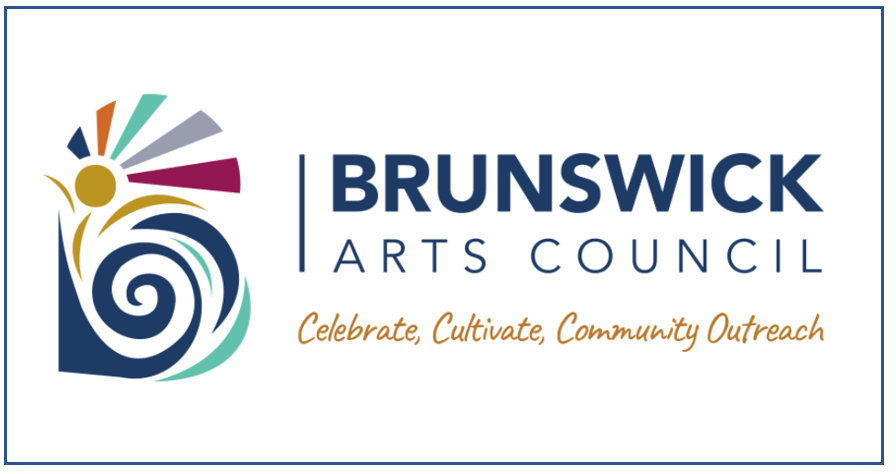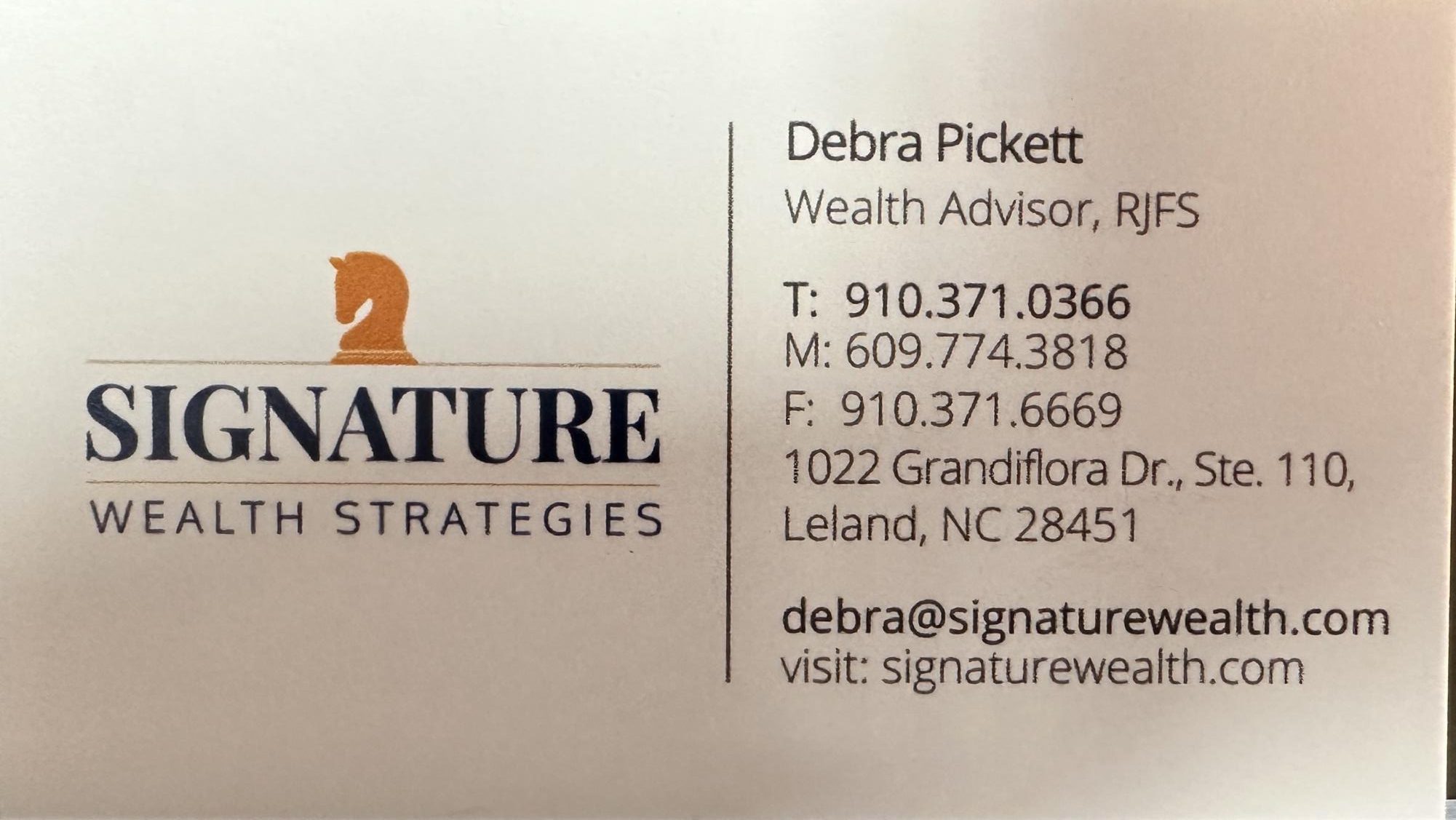Laughing in the Golden Years – Never Being Poor
August 1, 2022
The other morning driving to an appointment, I followed a car with so many bumper stickers on the back of the trunk that I imagined that if someone were to remove all of them, the back end of the car would collapse. Since we were moving very slowly and stopping at a number of red lights, I had time to peruse the different sayings. Among them was a message that caught my attention. Displayed front and center was a sticker with a plain background and the words in black which said: “Poverty is NOT a Family Value.” I was drawn up short as I thought about those words.
At the end of WWII, people breathed a sigh of relief and began to think of ways to make their lives easier and more profitable. One of the consequences of that thinking was that my dad lost most of his business selling coal. People moved on to an easier way of heating their homes with oil, gas, or later, electricity. It was a time of less and less money for my parents to support two girls in college and two youngsters in elementary school. When I reflect on that time, I realize that we went from a very comfortable living financially to being poor. Even so, I never heard my parents ever say that we were poor.
My mother was a very strong woman who always faced adversity with a calm plan. We had had a victory garden throughout the war, but as money became tighter and tighter, she increased the size of the garden and spent more and more time canning the vegetables she grew. She encouraged my dad to trim the fruit trees that grew on our property and to harvest the pears, apples, cherries and black walnuts that were the produce from those trees. I especially remember the sweet bread and butter pickles she made from our own cucumbers. Nothing was a better treat for me than two slices of her home-made bread covered in butter and filled with those freshly canned bread and butter pickles.
More and more, my dad repaired automobiles and sometimes stored them for people who were going on vacation or wanted their cars put up for the winter. I remember him coming home at dinner time and saying, “Well, it’s time to check Mildred’s rear-end,” meaning, of course the brakes, etc., on her car. While my brother and I practically rolled on the floor laughing, my mother would give dad one of her “stop that” looks and shake her head at him. Mom understood that Mildred would be paying my father in hard-cold cash. So, she did not protest my father’s joke about Mildred in any way greater than a head shake.
As the years rolled on and the coal business grew less and less, my father looked for other ways to bring in money, and mom took a job in the local post-office as a postal clerk for four hours a day. In the evenings, checking over our homework, she repeated again and again her directive that we needed to get good grades so that we could earn a scholarship to college. Never once did I hear her say that we were poor, but rather that we were “short of money.”
When both of my older sisters graduated from college and it came time for my brother and I to attend higher education, we both knew that along with scholarships, we would need to get decent paying jobs. My brother worked at a meat-packing company all through his college years. I became a nanny for a year, then worked in the history department of the university for the rest of my undergraduate time. However, there was never enough cash to purchase the extra items we wanted for our college experience, and occasionally I would call on my mother for a little extra money.
Once I wrote a note which said: “Dear Mom, I need 10 dollars.” Almost immediately I received a reply: “Dear Maryann, so do I.”
Poverty was definitely not a value in our family, but humor and laughter were always part of our values despite the lack of money.










